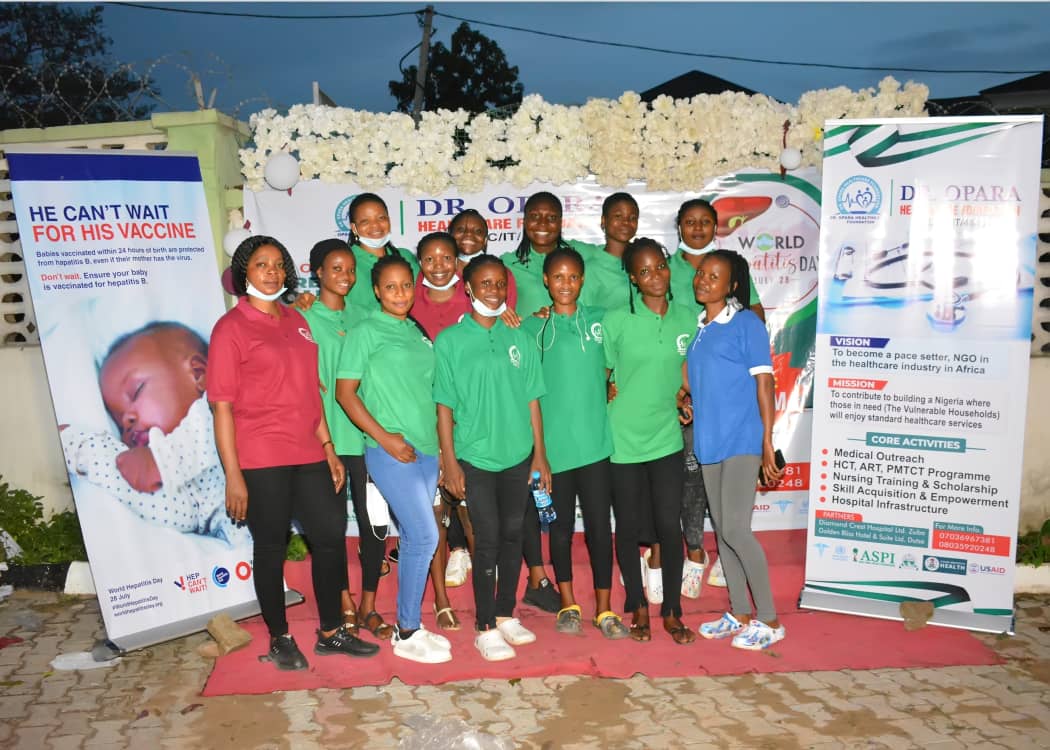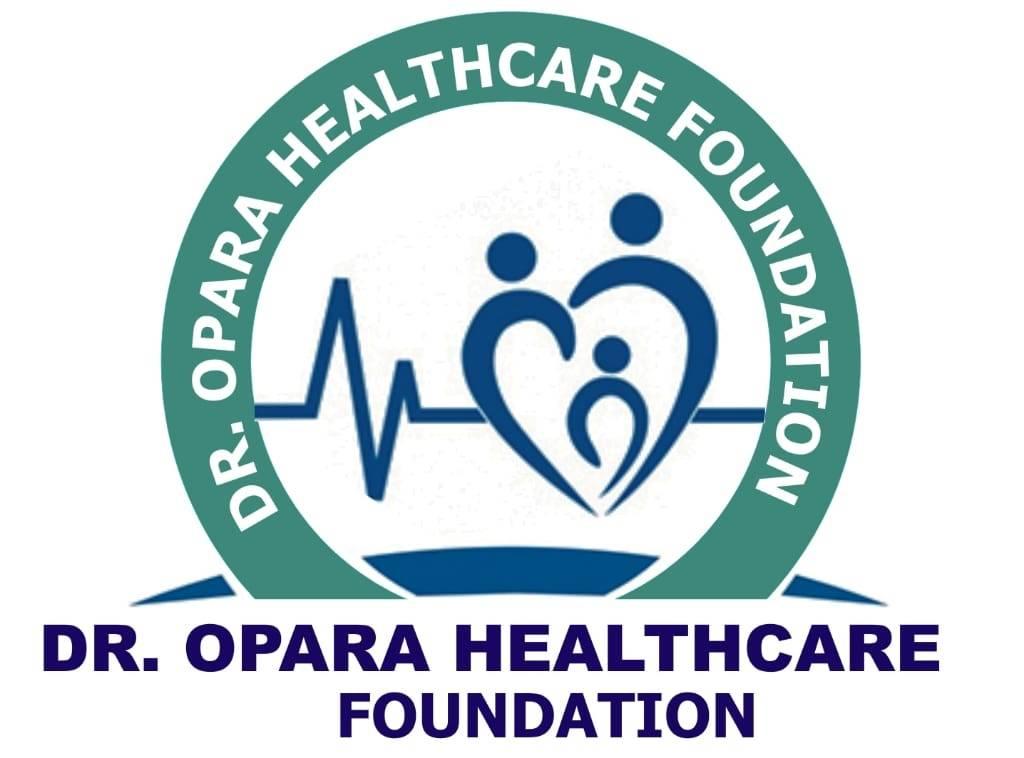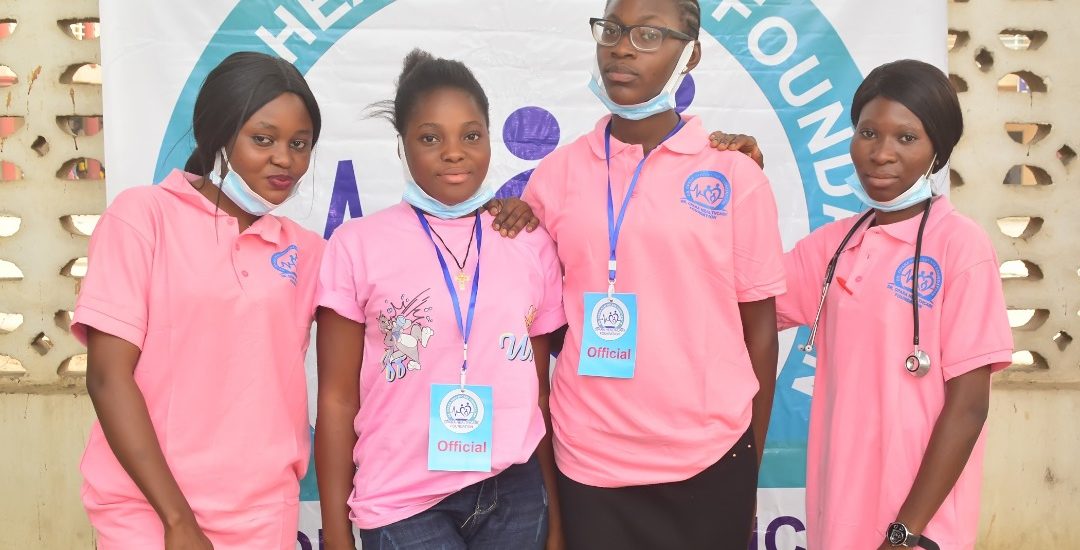Reskilling and retooling young vulnerable women in Africa, particularly in countries like Nigeria and other poor nations across the globe, is an imperative endeavor crucial for socio-economic development and gender empowerment. These women often face multifaceted challenges stemming from poverty, limited access to education, cultural barriers, and gender discrimination. Empowering them through reskilling and retooling initiatives holds the potential to transform their lives and contribute significantly to their communities and economies.

Challenges Faced by Young Vulnerable Women
- Limited Access to Education: Many young women in impoverished regions like Nigeria face barriers to education due to various reasons such as poverty, early marriages, cultural norms, and inadequate infrastructure.
- Unemployment and Underemployment: Even for those who manage to receive education, opportunities for meaningful employment are often limited, leading to underemployment or unemployment.
- Gender Inequality: Deep-seated gender disparities persist in these societies, limiting women’s access to economic opportunities, decision-making roles, and resources.
Importance of Reskilling and Retooling
- Enhancing Employability: Reskilling and retooling programs can equip these women with the necessary skills and knowledge to meet the demands of modern job markets, increasing their employability.
- Empowerment and Confidence Building: These initiatives foster confidence, independence, and a sense of agency among women, enabling them to take charge of their lives and make informed decisions.
- Economic Growth: When women are empowered through skill development, they contribute significantly to economic growth by participating in the workforce and starting their ventures.
Strategies and Initiatives
- Skill-Based Training Programs: Implement vocational training programs tailored to local market demands, offering courses in areas like technology, entrepreneurship, healthcare, agriculture, and crafts.
- Access to Education: Ensure access to quality education by providing scholarships, creating safe learning environments, and addressing cultural barriers that hinder girls’ education.
- Technology and Digital Literacy: Promote digital literacy as it opens doors to remote work opportunities and facilitates access to information and resources.
- Entrepreneurship Support: Offer mentorship, funding, and networking opportunities for young women interested in entrepreneurship, fostering innovation and business acumen.
Case Study: Nigeria
In Nigeria, organizations like DR OPARA Healthcare Foundation (DOHF) is utilizing the above mentioned strategies in providing free Nursing scholarship, Healthcare assistant training. Catering, Tailoring, Fashion Designing, and so many more to provide the much desired skills to this young women. 42 young vulnerable women benefitted from our SWRR Reskilling and Retooling 2023 program. Thank you NYFF, Leap Africa, Ford Foundation and Mac Arthur Foundation.
Conclusion
Reskilling and retooling young vulnerable women in Africa, including Nigeria and other impoverished nations, is not just a social responsibility but a crucial step towards achieving gender equality and sustainable development. By investing in these women through education, skill development, and empowerment initiatives, societies can unlock their potential as drivers of change and catalysts for economic growth. Governments, NGOs, private sectors, and international organizations need to collaborate to create comprehensive and sustainable programs that uplift these women, enabling them to build better futures for themselves and their communities.






